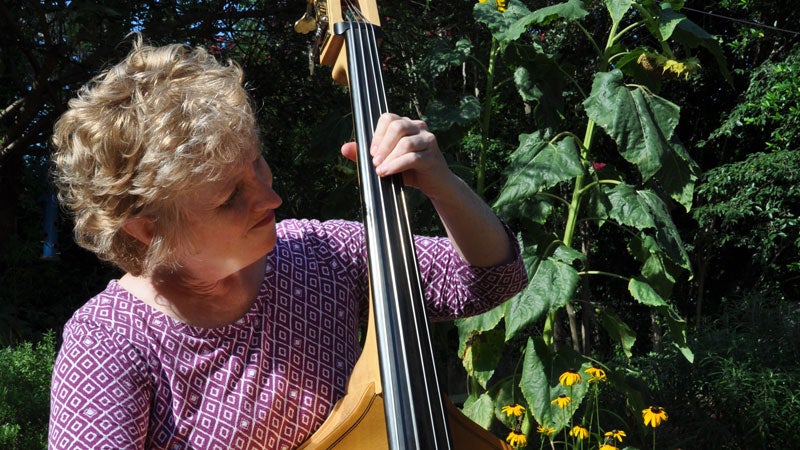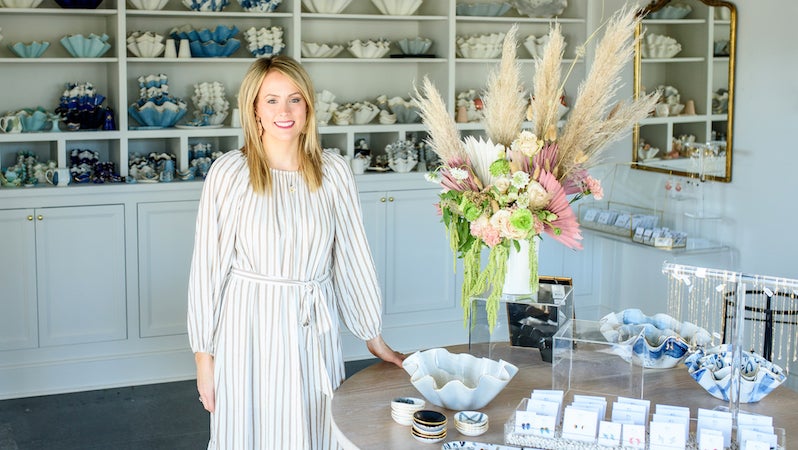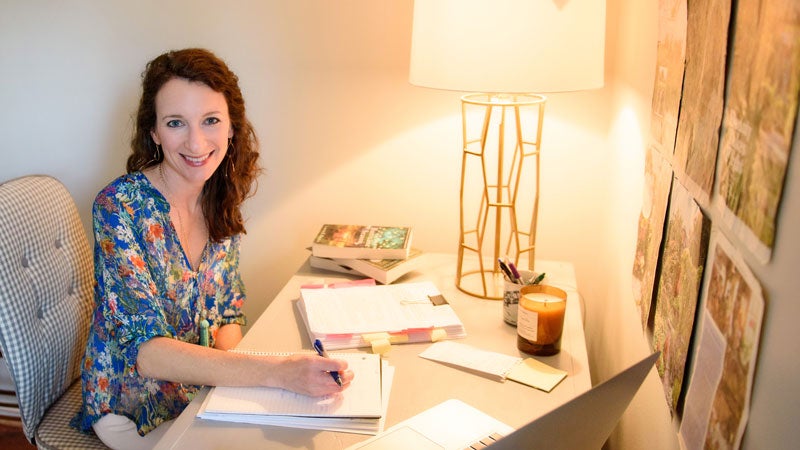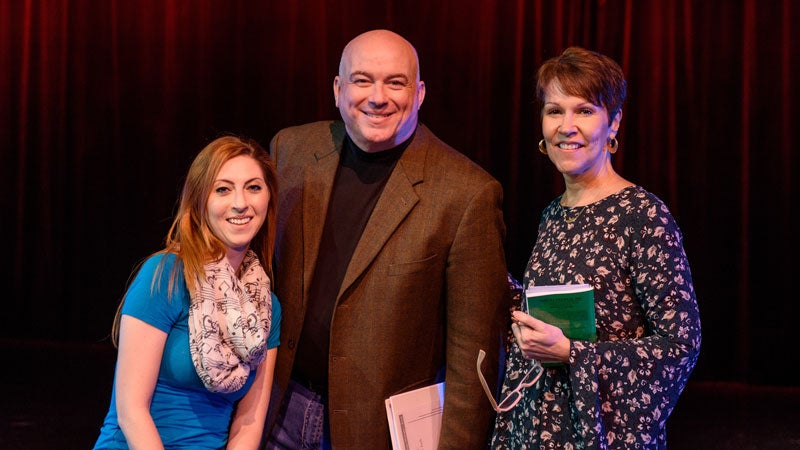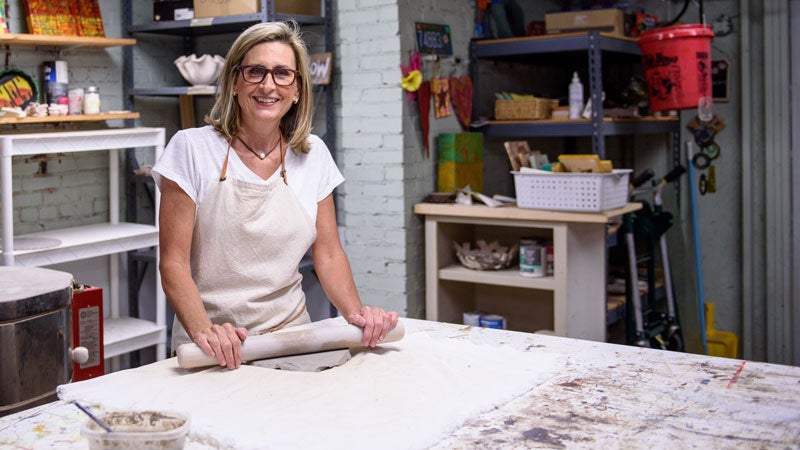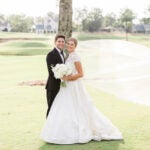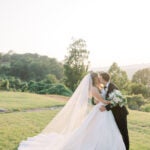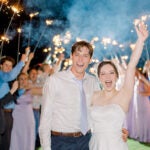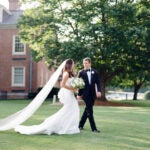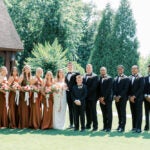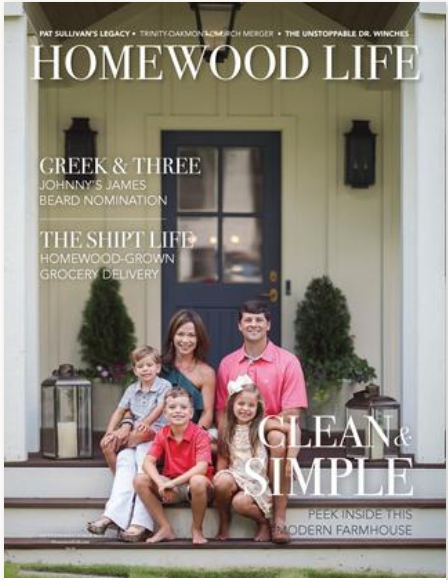The number of instruments in Nancy McLemore’s living room speakers to her passions—a giant bass, maracas, a rain stick. Tucked away behind them you’ll also find her voice recording studio for her acting jobs. “If you think about it, talking is really a form of music,” she says of the connection between the two art forms. “I’m always listening to the musicality of someone’s voice, and doing the work I have done with voice over and acting, there is always something to learn from music. I’m a more musical thinker.” We could have interviewed Nancy about lots of things, but for this time we just chatted with her about music.
How’d you get into music?
I am the youngest of six kids and was always very shy, but my father wanted to push us into the public. My twin sisters would play twin pianos, my brother tried to be country star. Because I’d grown up hearing music and hearing harmony, that was my logical first step—singing. Later I didn’t want to only be a singer in a bluegrass band, I wanted to play an instrument too.
Why play music with people and not just by yourself?
When you have people over to play music, so many things can happen. Our daughter lives in New York now and our son in Auburn. Lilly played the flute, and Hank played the trombone [in the Homewood band]. We’ve had jam sessions over here where they would bring their instruments out from high school and jam. They don’t know the older songs but they know things we don’t know, so we all kind of learn together.
What’s the accordion-looking instrument in your living room?
Bob Tedrow made me that squeezebox, and I have learned some Irish tunes. Dr. Jim Brown plays the fiddle and guitar and piano, and we’ll play Irish music together with his family. Irish music is very focused on the melody…. so you all play the melody. You get a sense of community and that this is a really old tune that has come so far to our country and it’s still the same.
What should we know about the Pickin in the Park event coming up on Oct. 15?
It’s a very casual gathering of people who are friends and people who are strangers, and everybody gets together around music. People that we did know, and people that we didn’t know would come by with their instruments. I might have a child who would be curious about the bass, and I’d let them hold it and pick the strings. It might be their first opportunity to see an instrument like that. A lot of people say “What is that—a guitar? Or a cello?” Whenever I play gigs where there are young kids, to watch young kids hear music like that and get the beat, they are so fun to watch because they are so uninhibited and they dance and move and come right up to you, so that’s really fun.
Why is music important?
Music is such a vital thing, and I think most all cultures have community music. People used to spend less time on their screens and more time on their porch picking, especially in Appalachia.
[Getting together to make music] is reminiscent of older times and simpler times. Those melodies that are really old resonate. I love the idea of coming together in one place and picking… I think about music almost all day… Music is very therapeutic, very soothing and helps pep me up. It gives me an opportunity to go
beyond language.

